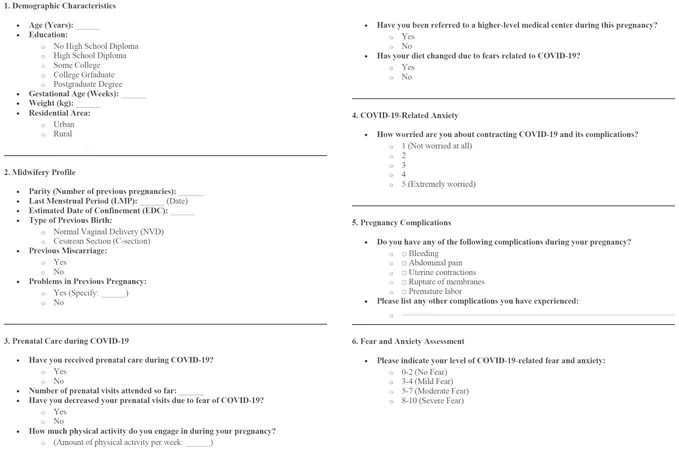
Revolutionary Treatment for Cryptococcal Meningitis Kicks Off Phase 2 Trials in Africa
2025-04-16
Author: Yu
A New Hope for Patients in Africa
A groundbreaking treatment for cryptococcal meningitis has just entered Phase 2 clinical trials in Malawi and Tanzania. This innovative sustained-release formulation of flucytosine promises to be easier to administer, potentially transforming the treatment landscape for patients in these regions.
The Grim Reality of HIV Funding Cuts
As cuts in HIV funding threaten to unravel years of medical advancements in Africa, thousands stand on the brink of advanced HIV disease (AHD). Dr. Luis Pizarro, Executive Director of the Drugs for Neglected Diseases initiative (DNDi), emphasizes the urgency of developing new treatment options in light of current healthcare disruptions.
Understanding Cryptococcal Meningitis
Cryptococcal meningitis, triggered by the fungus Cryptococcus neoformans commonly found in soil and bird droppings, presents a significant health risk, especially for individuals with weakened immune systems like those with advanced HIV. Symptoms typically start with severe headaches and fever and can escalate to confusion and coma if not treated promptly. In Africa, the disease can have a staggering mortality rate, claiming up to 70% of those infected.
A Deadly Diagnosis Delayed
Dr. Justine Odionyi from DNDi stresses the link between inadequate access to effective treatment and the rise of lethal infections like cryptococcal meningitis. In 2023, AIDS-related illnesses led to 390,000 deaths in Africa, with cryptococcal meningitis contributing to 130,000 of those fatalities—a crisis exacerbated by insufficient healthcare resources and rampant drug shortages.
Challenges in Treatment Administration
Flucytosine is the cornerstone of the World Health Organization's treatment protocol for cryptococcal meningitis, yet its cumbersome dosing schedule—every six hours—often leads to missed doses. Patients frequently arrive at hospitals in critical condition, necessitating unapproved methods of administration that only complicate care.
Phase 2 Study Details: A Vital Step Forward
The open-label, randomized Phase 2 study will involve 72 adult participants in both countries, allowing them to take the new sustained-release flucytosine formulation just twice a day instead of the current regimen. This new pellet form can be swallowed with water or via nasogastric tube, streamlining treatment significantly.
Urgent Need for Innovative Solutions
Dr. Cecilia Kanyama from the University of North Carolina Project in Malawi highlights that around 12,000 people died from AIDS-related illnesses in Malawi just last year, showcasing the pressing need for faster testing and simpler treatments. Meanwhile, in Tanzania, Prof. Sayoki Mfinanga warns that supply chain threats could put the significant progress made in HIV treatment at great risk, underscoring the necessity of inventive and effective solutions to safeguard vulnerable populations.



 Brasil (PT)
Brasil (PT)
 Canada (EN)
Canada (EN)
 Chile (ES)
Chile (ES)
 Česko (CS)
Česko (CS)
 대한민국 (KO)
대한민국 (KO)
 España (ES)
España (ES)
 France (FR)
France (FR)
 Hong Kong (EN)
Hong Kong (EN)
 Italia (IT)
Italia (IT)
 日本 (JA)
日本 (JA)
 Magyarország (HU)
Magyarország (HU)
 Norge (NO)
Norge (NO)
 Polska (PL)
Polska (PL)
 Schweiz (DE)
Schweiz (DE)
 Singapore (EN)
Singapore (EN)
 Sverige (SV)
Sverige (SV)
 Suomi (FI)
Suomi (FI)
 Türkiye (TR)
Türkiye (TR)
 الإمارات العربية المتحدة (AR)
الإمارات العربية المتحدة (AR)